With 232 pages and an expanded 12″ by 12″ format, our biggest print issue yet celebrates the people, places, music, and art of our hometown, including cover features on David Lynch, Nipsey Hussle, Syd, and Phoebe Bridgers’ Saddest Factory Records, plus Brian Wilson, Cuco, Ty Segall, Lord Huron, Remi Wolf, The Doors, the art of RISK, Taz, Estevan Oriol, Kii Arens, and Edward Colver, and so much more.




Photo by Michael Muller. Image design by Gene Bresler at Catch Light Digital. Cobver design by Jerome Curchod.
Phoebe Bridgers makeup: Jenna Nelson (using Smashbox Cosmetics)
Phoebe Bridgers hair: Lauren Palmer-Smith
MUNA hair/makeup: Caitlin Wronski
The Los Angeles Issue
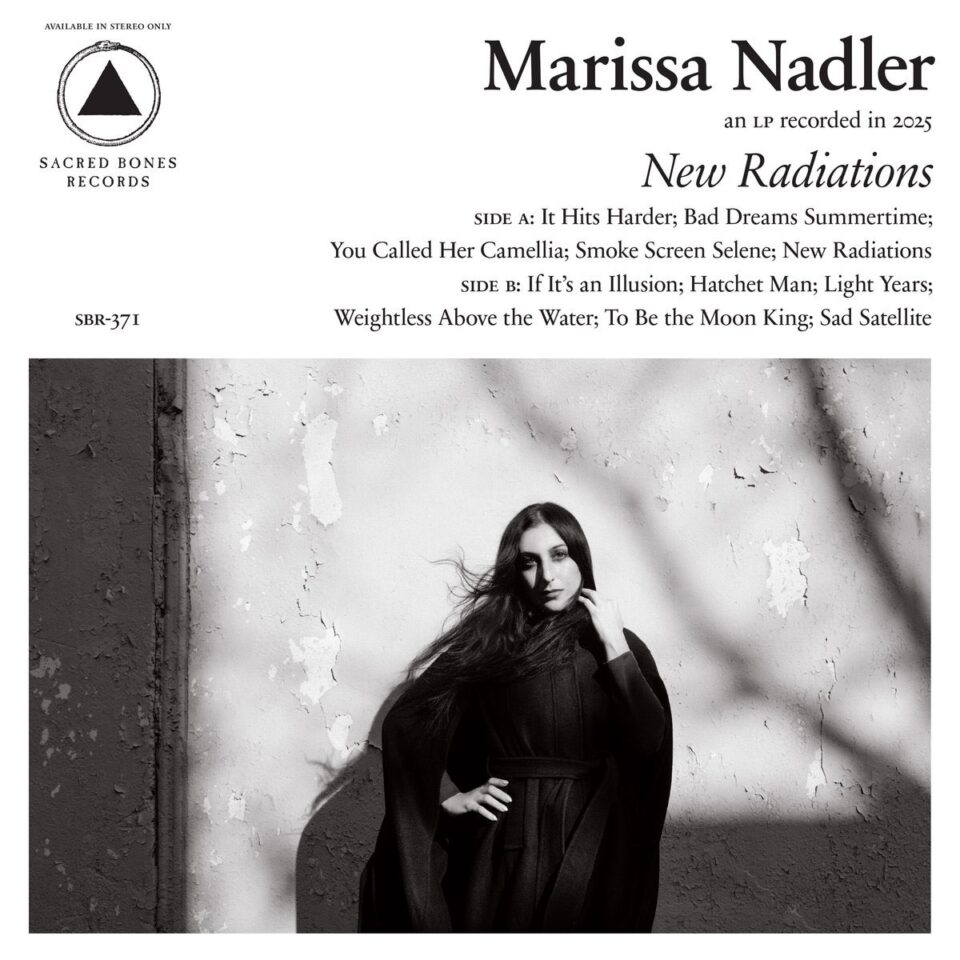
Marissa Nadler, New Radiations
The gothic songwriter’s latest collection of bad-dream vignettes feels like a return to the mold she was cast in as she wrestles with the current state of her country through obscured lyrics.
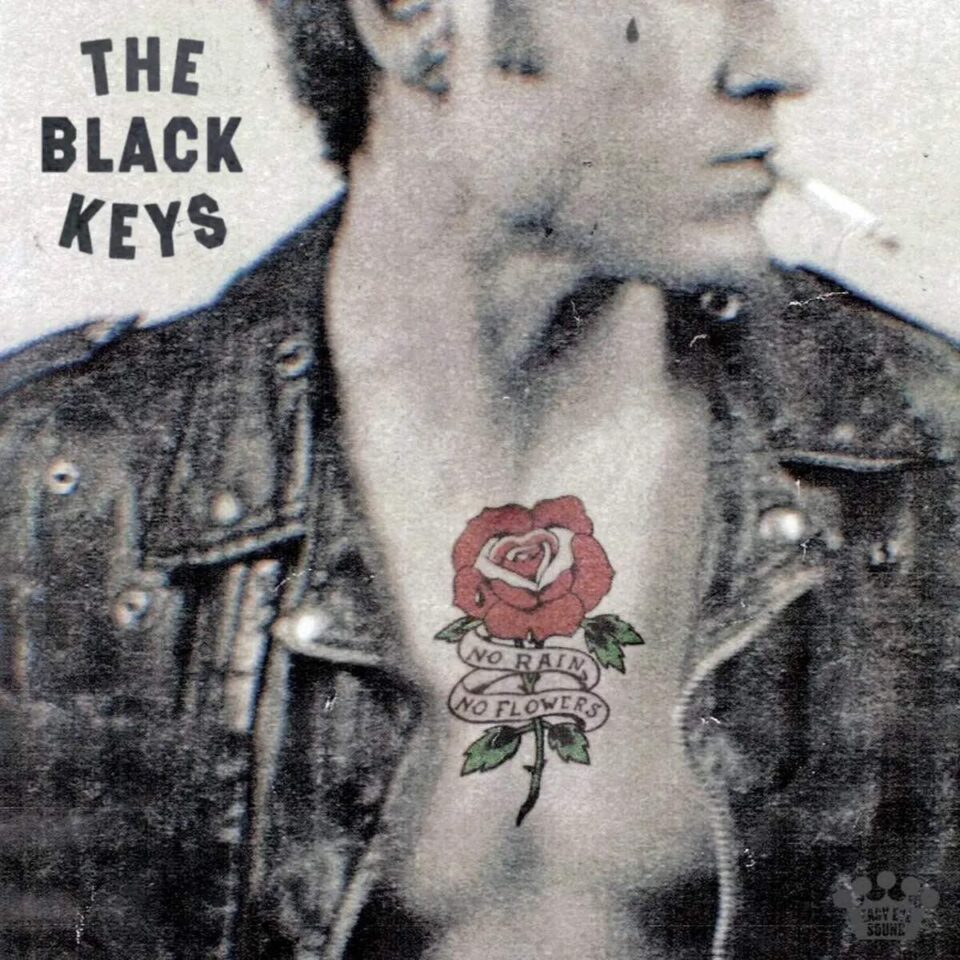
The Black Keys, No Rain, No Flowers
The blues-rock duo sifts through wreckage in search of meaning and growth on their 13th album only to come up with answers that are every bit as pat and saccharine as the title suggests.
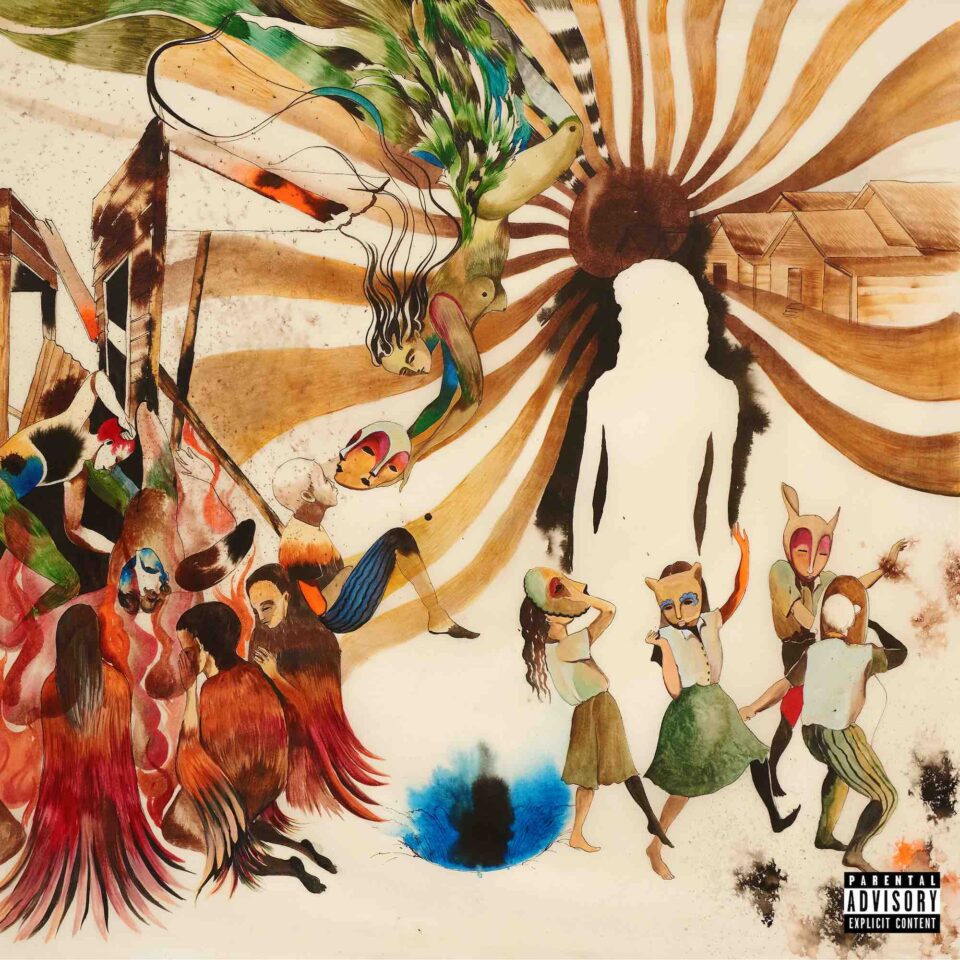
JID, God Does Like Ugly
After 15 years of writing and developing verses, the Dreamville rapper has become a master of the form on his fourth album as he finds resolution and comes to recognize his purpose.
A.D. Amorosi
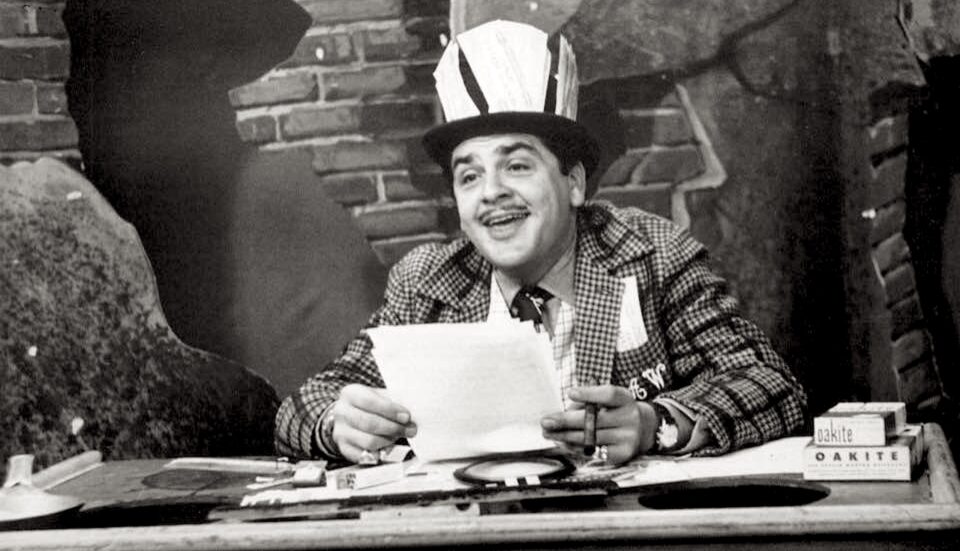
Kovacs curator Josh Mills discusses his new book Ernie in Kovacsland and the legacy of the early TV and radio figure’s unique comic voice.
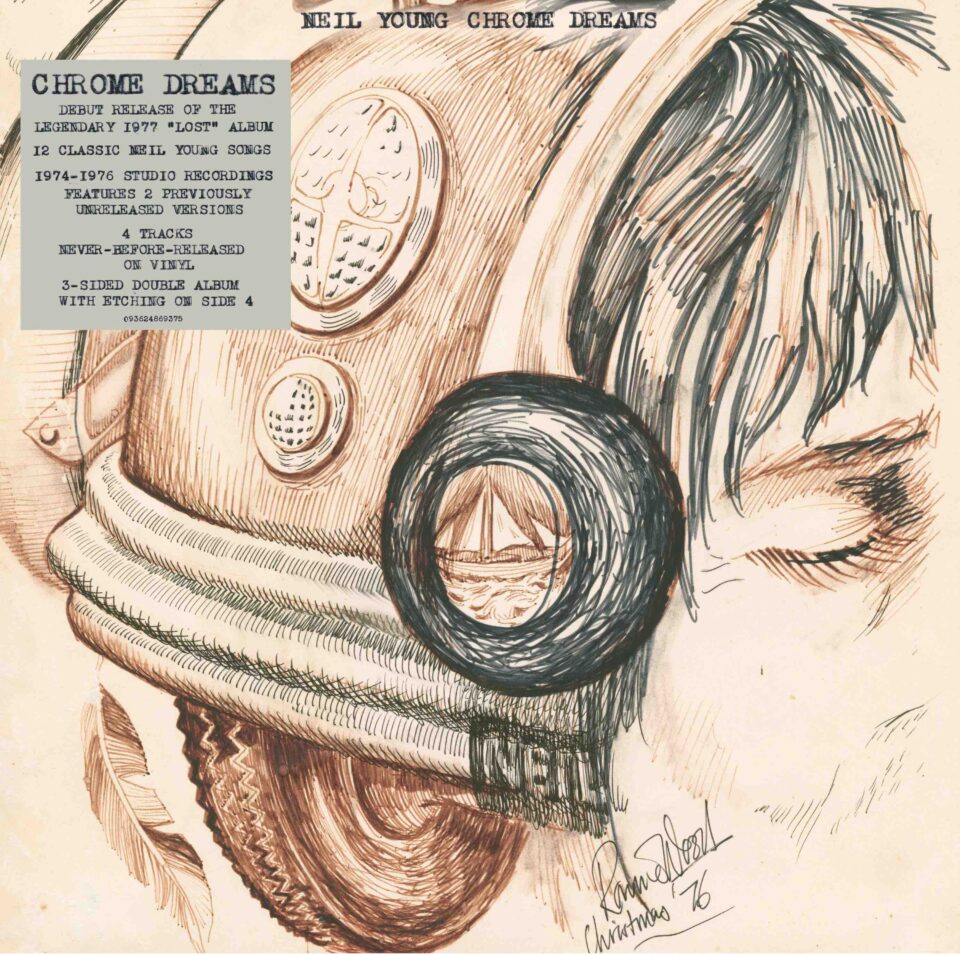
Initially scheduled for a 1977 release, this mostly acoustic project is defined by memorably raw melodies and impeccable sequencing—it’s the most potent of Young’s many “almost” LPs.
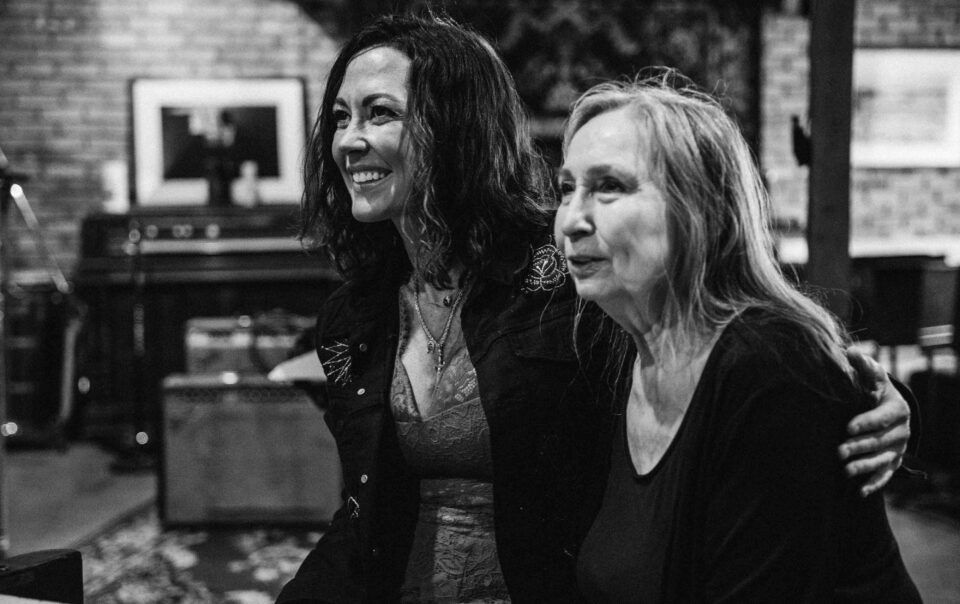
With her new covers LP alongside Bobbie Nelson out now, the songwriter discusses working with the late pianist, as well as getting her start with the help of another icon of Texas music.
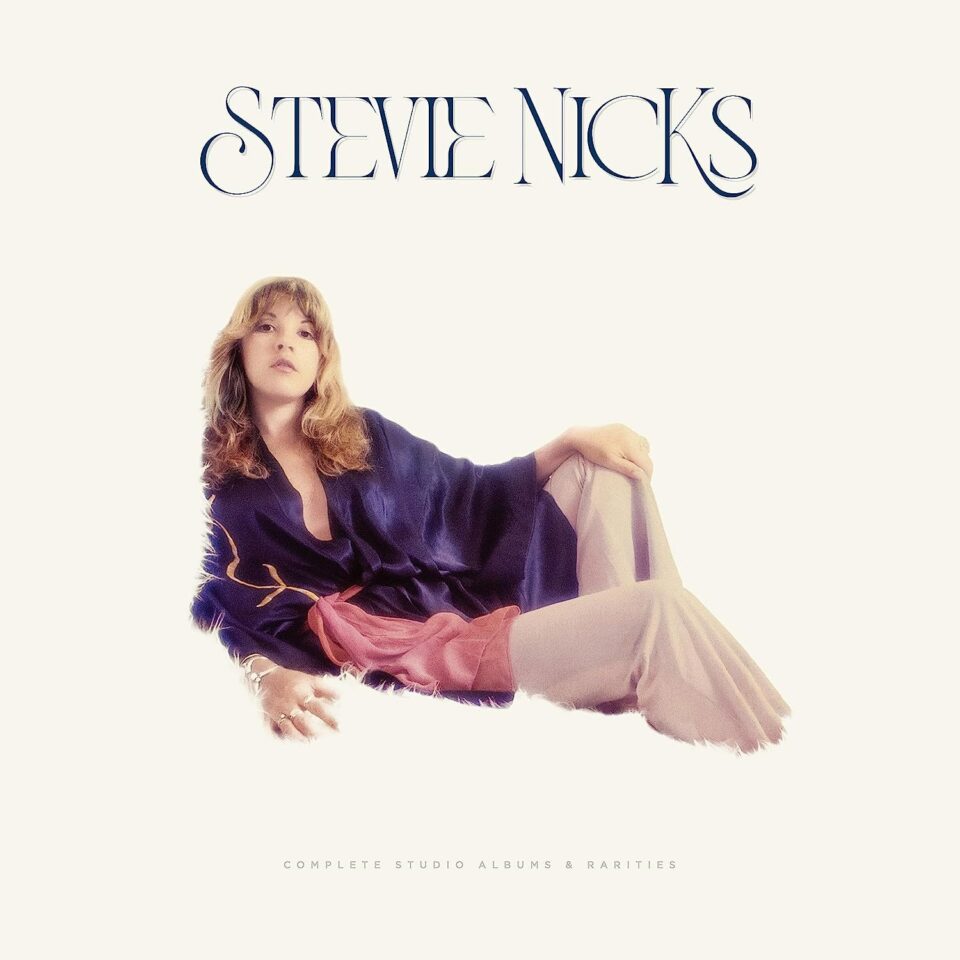
This first-ever all-oeuvre study of the Fleetwood Mac vocalist’s solo music is mystical (of course), fragrant, and funky, all of it aging like fine wine no matter what the vintage.
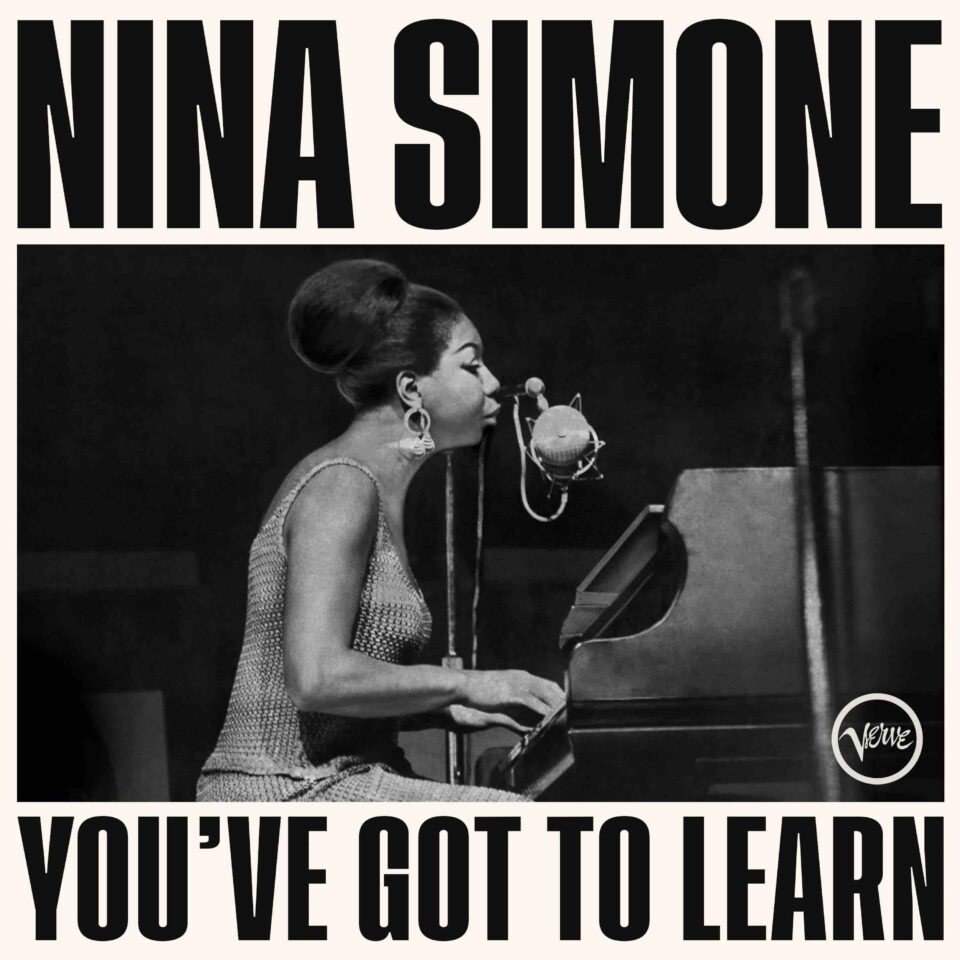
The vocalist-pianist took no prisoners at her short, sharp 1966 Newport Jazz Festival performance of legend, as can be heard on its first formal release.
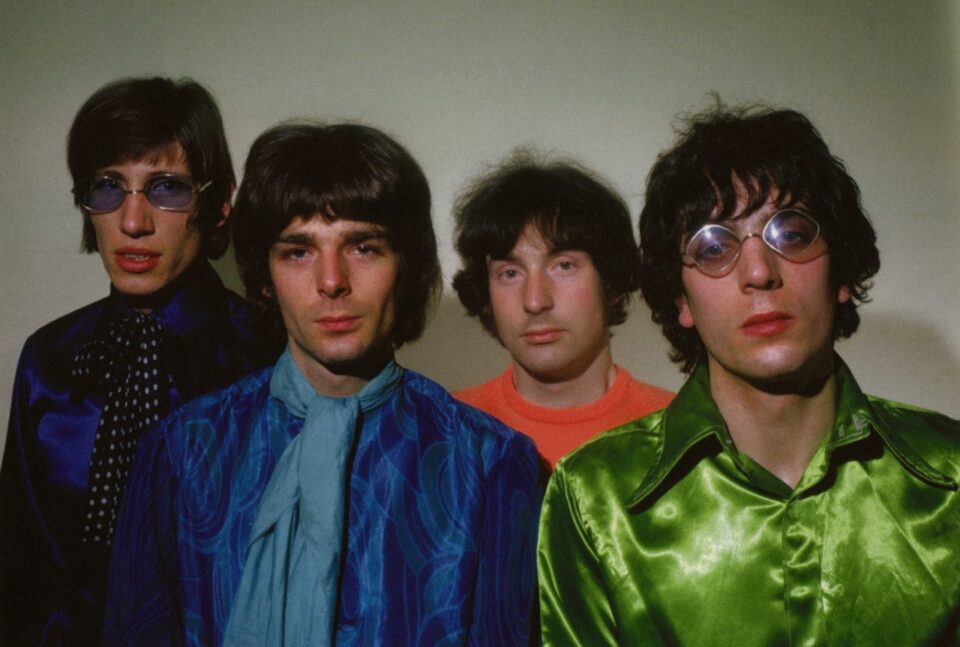
The director of the new documentary Have You Got It Yet? and the iconic songwriter discuss the influence of Barrett’s abstract artistry.
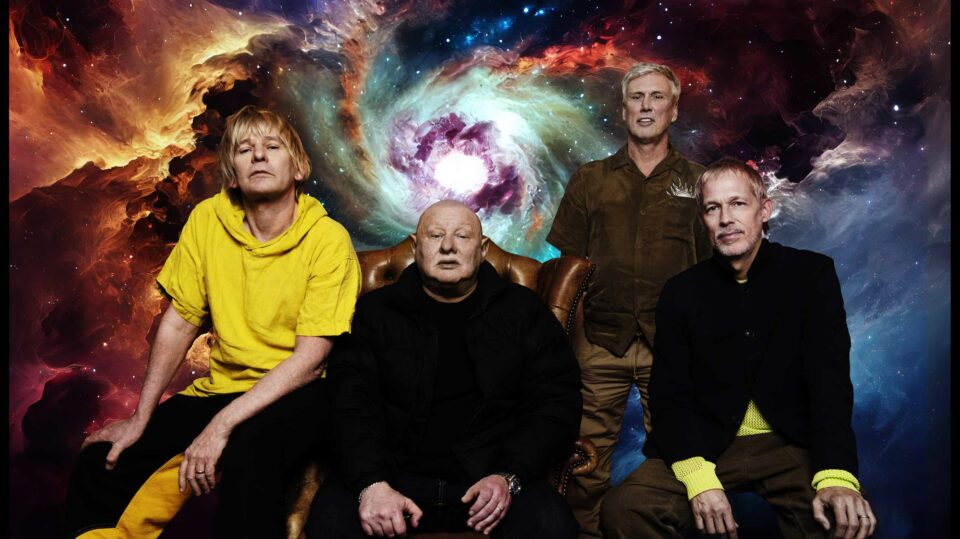
The Who drummer Zak Starkey and Happy Mondays vocalist Shaun Ryder discuss bringing the psychedelia of Saturn’s outer rings to your doorstep with their new project.
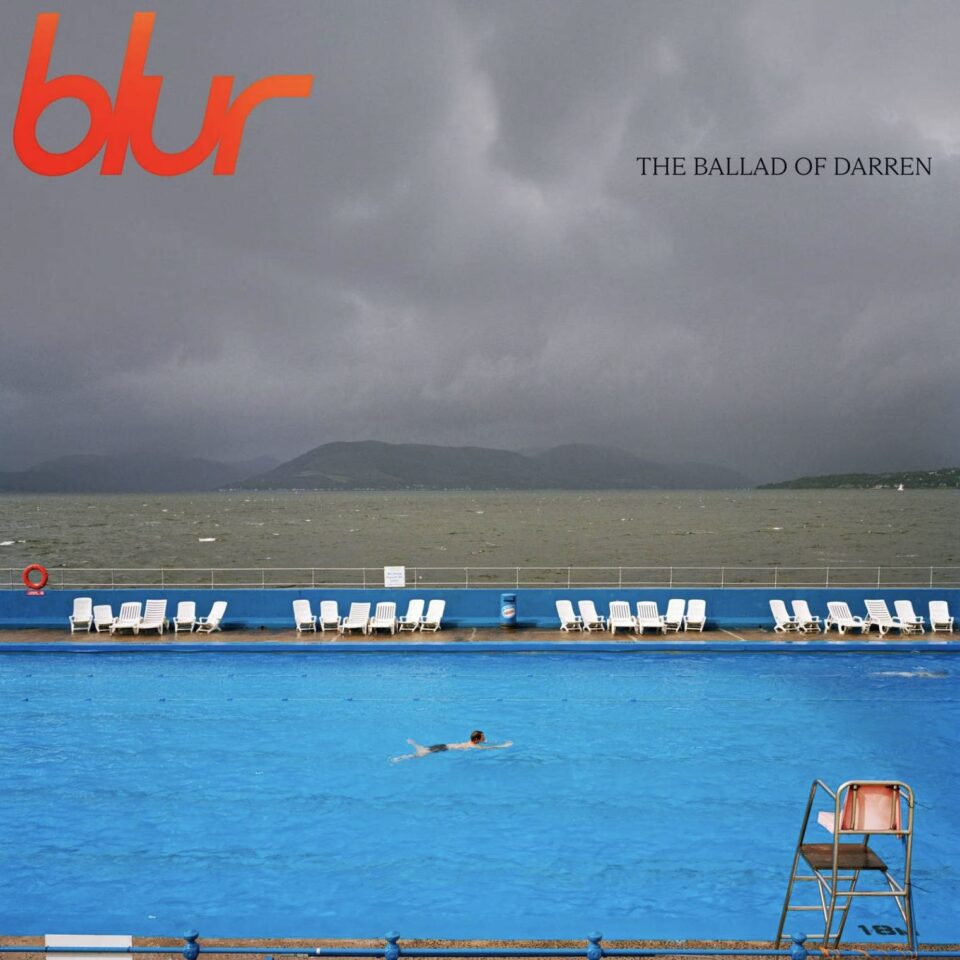
The Brit-pop quartet play it shockingly and crankily tight, wrenchingly emotional, and wondrously melodic on their ninth studio album.
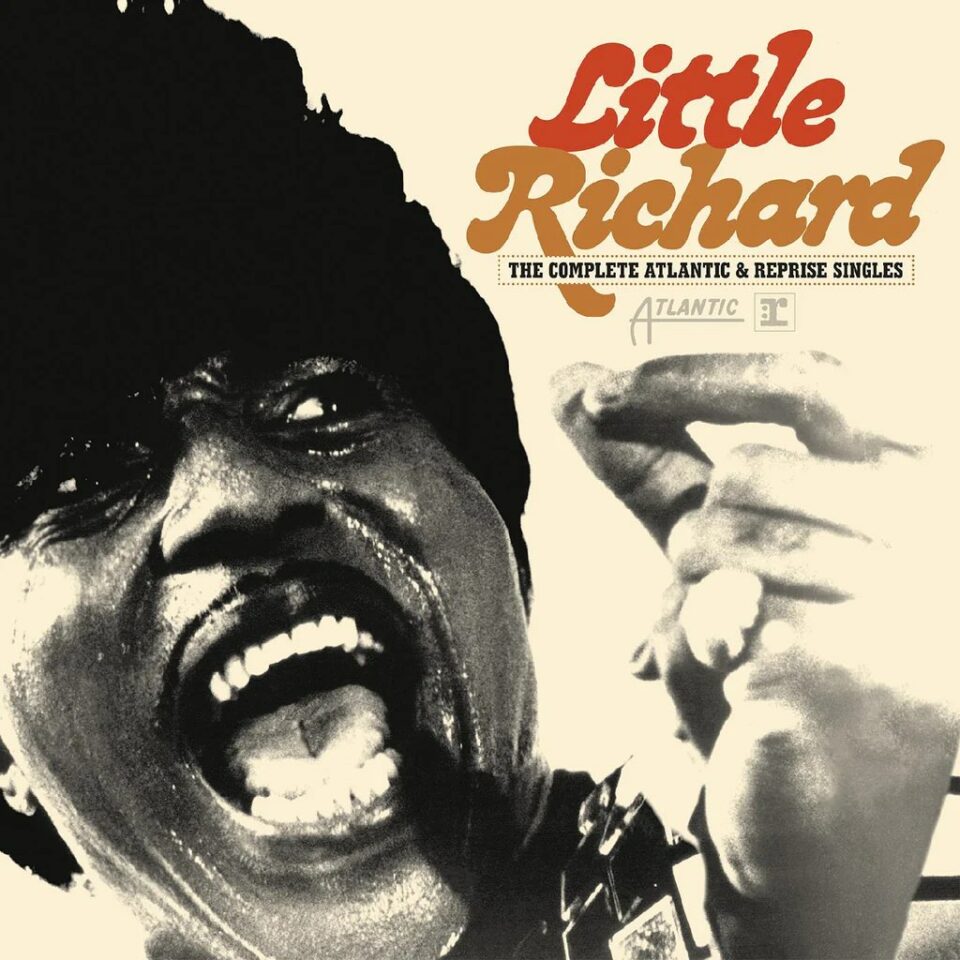
This collection of Richard’s major-label 45s presents an artist both hungry and haughtily proud, in full-possession of all that made him mighty and unique.
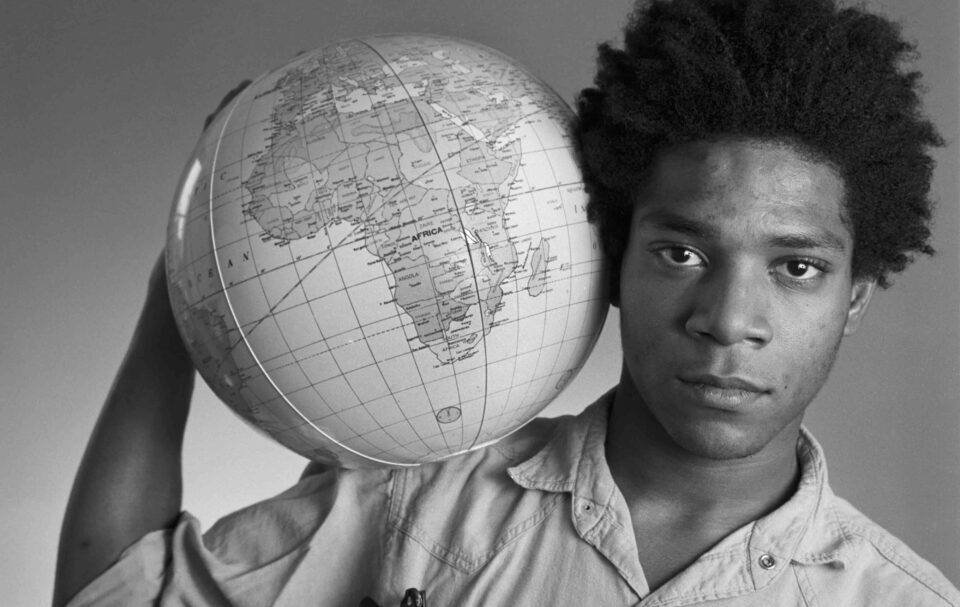
With Basquiat: King Pleasure extending its run in Los Angeles through October, we spoke with the late artist’s sister Jeanine Heriveaux and friend Kenny Scharf about his legacy.

Joining forces with producer Dave Fridmann doesn’t so much surprise as it does add another notch to the nu-jazz saxophonist’s Orion’s belt.
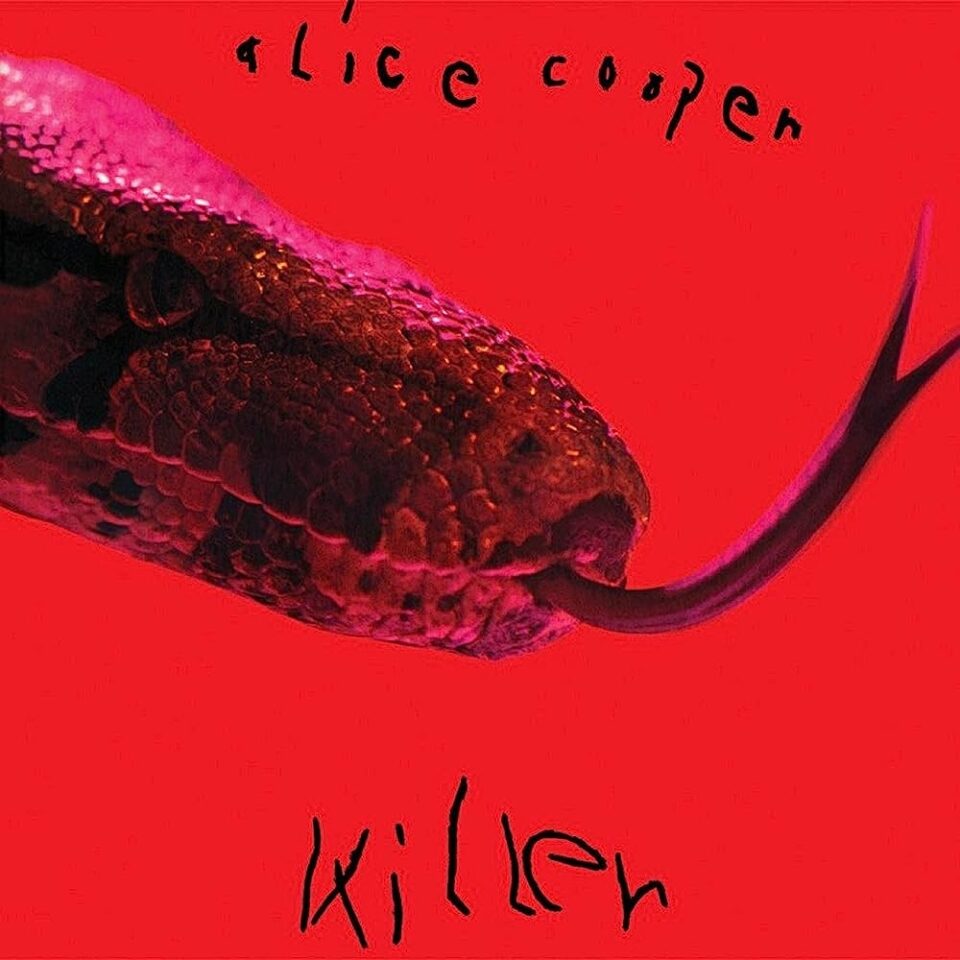
Taken as a conjoined pair of menacing, neo-metal LPs, the aesthetic value of these early-’70s works—newly re-released and sonically punched up—is a meal in and of itself.
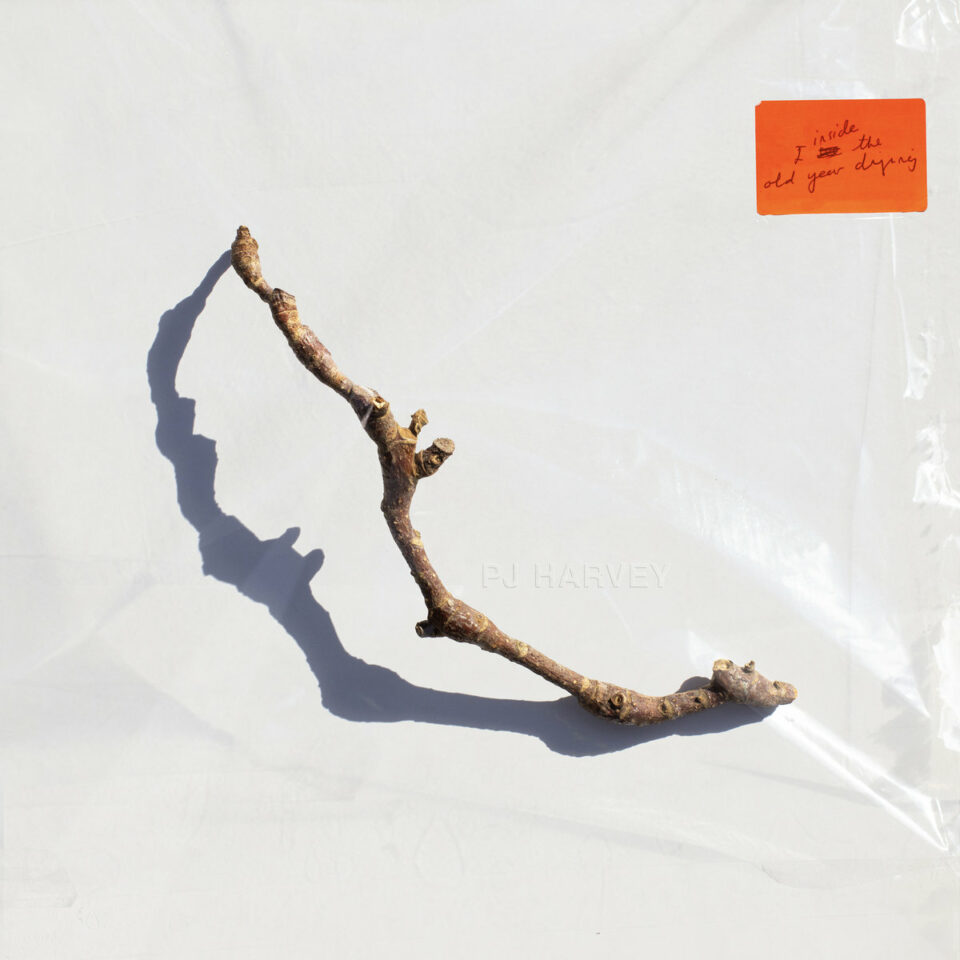
Harvey’s first album in seven years is a loosely knotted dreamscape of clanging church bells, thundering drums, and busted-up guitar sounds smoothed over with folk-tronic gauziness.

This collaborative solo record finds the Buena Vista Social Club member at a happy crossroads with his longtime country music influences and something of a freer, silkier sound.

The Scissor Sisters vocalist’s sophomore solo album proves to be an unstoppable force specked with glitter flakes and stardust.
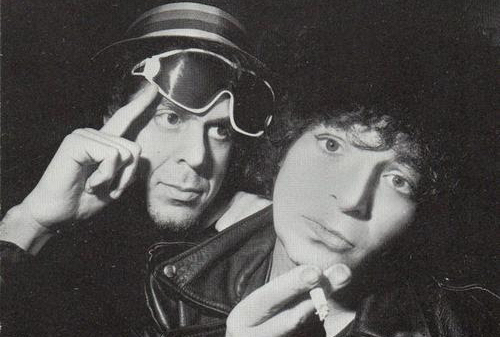
Revisiting the iconic synth-punk duo’s 1988 LP on the occasion of its recent deluxe reissue, Rev recalls how nobody did it like Suicide—except for Bruce Springsteen, briefly.

With his fourth studio album, Archy Marshall painstakingly sculpts lyrics to sound like hastily made emotions—but they mostly come off as refrigerator-magnet wordiness.
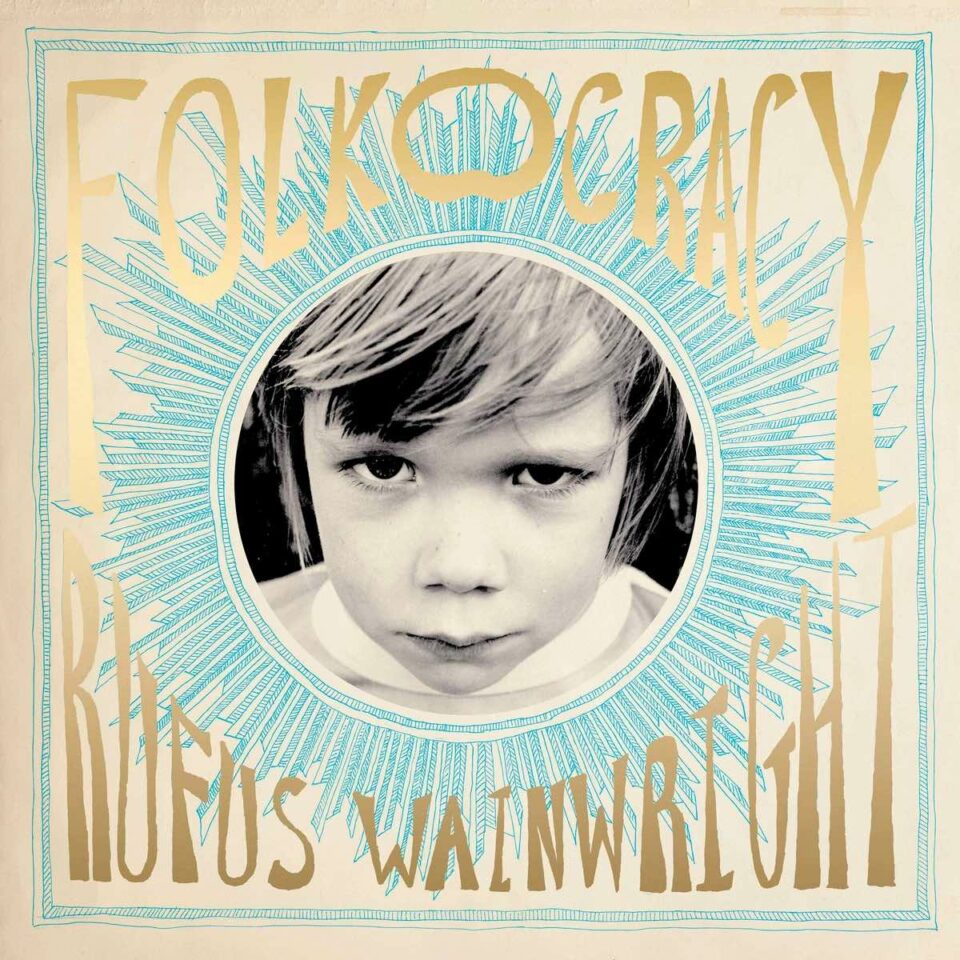
Rather than attempting the corny “duets album” trend, this cosmopolitan take on earthen classics is an aptly communal sharing of sociopolitics and human interest rhetoric.
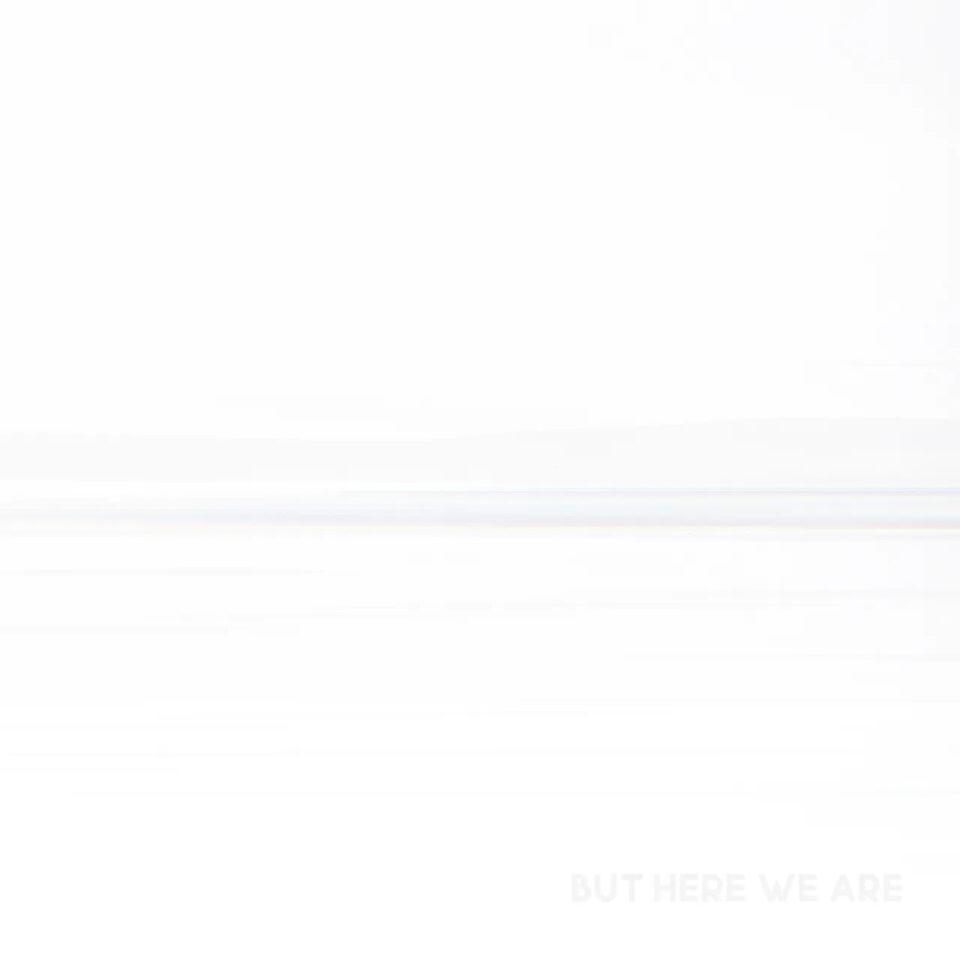
The band pushes through the immediacy of life’s end like they were kicking in a green room door on this statement of mourning, which rages with no time for subtlety.
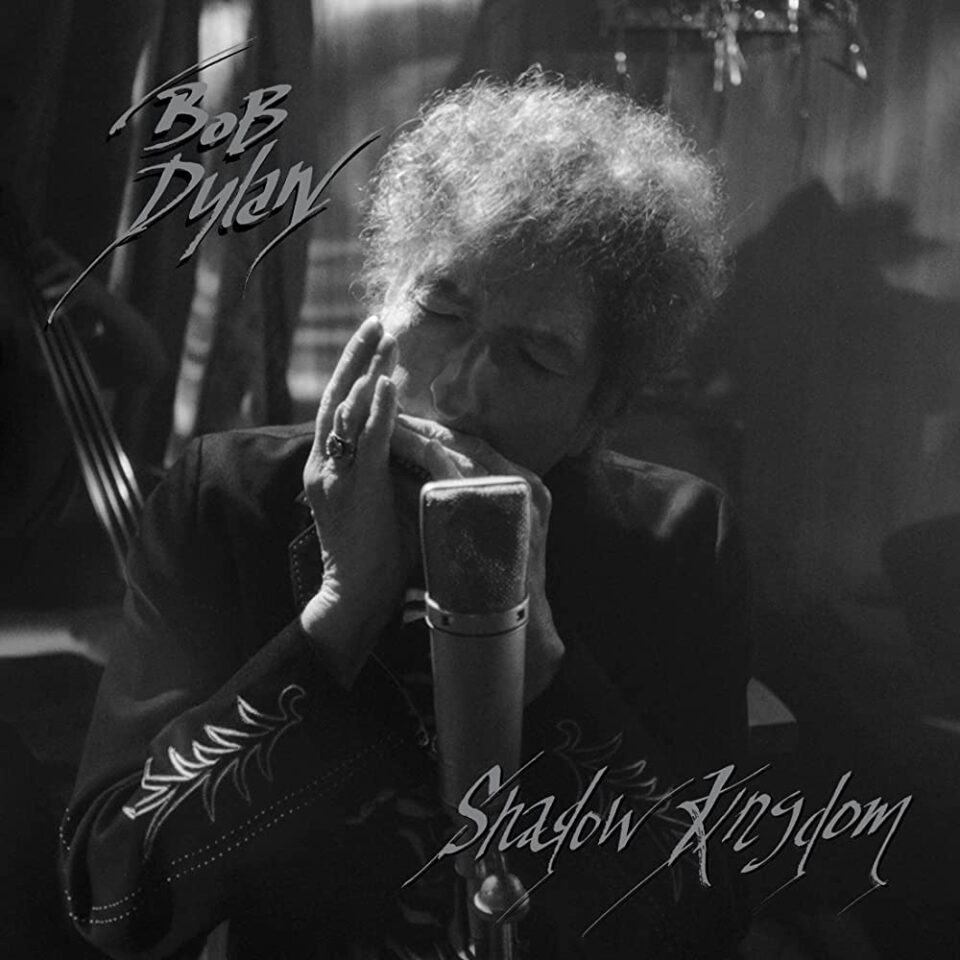
The soundtrack to Alma Har’el’s 2021 concert film is a magnificent, elastic set of renditions of Dylan’s most beloved (and least played) mini-epics of ache, revenge, and recall.

